Throughout history, many remarkable individuals chose a path less traveled by remaining single. While marriage was often expected or even socially mandated, these historical figures dedicated themselves to their passions, work, and personal freedom instead. Their stories reveal how singlehood sometimes enabled extraordinary achievements and independent thinking that might have been constrained by marriage in their times.
1. Isaac Newton
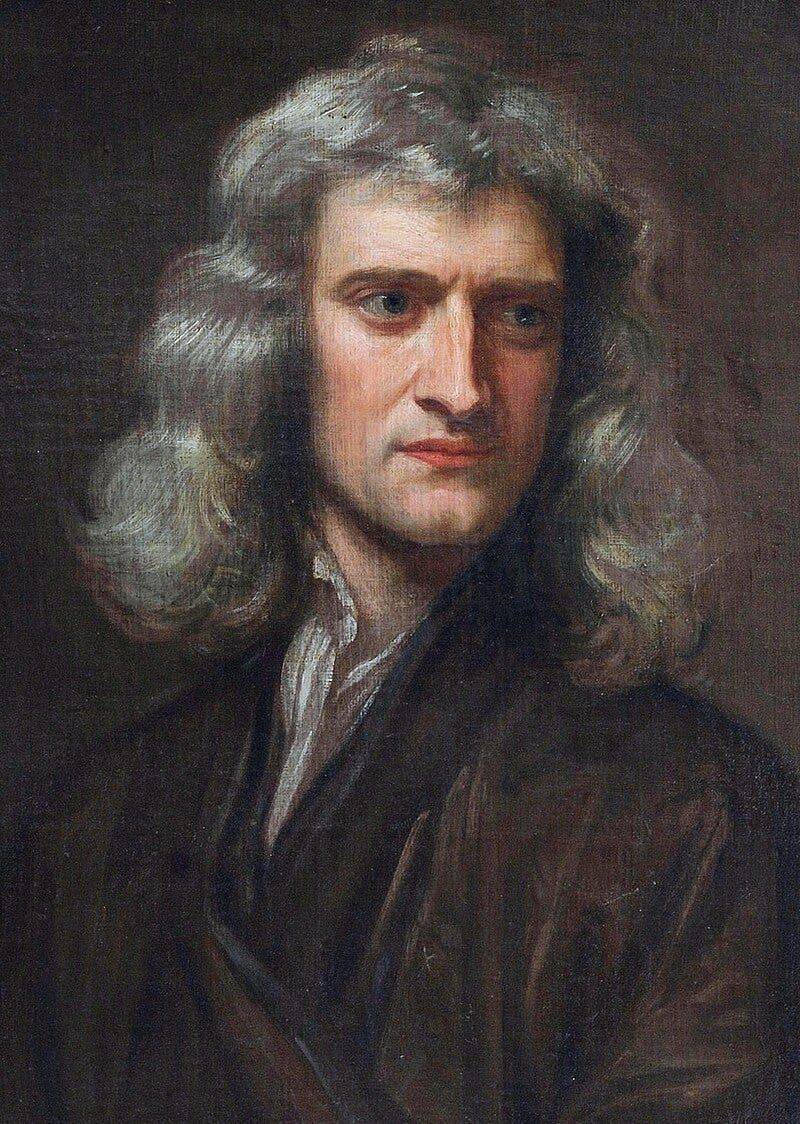
The brilliant mind behind calculus and gravitational theory never shared his life with a spouse. Newton, notoriously private and sometimes difficult, poured his energy into mathematical problems and natural philosophy rather than romantic pursuits.
Some historians suggest his intense focus on work left little room for personal relationships. Others point to his complicated personality and occasional paranoia as factors in his lifelong bachelorhood. When questioned about his single status, Newton reportedly indicated that intellectual pursuits provided all the fulfillment he needed.
His dedication paid off—his discoveries revolutionized physics and mathematics, establishing foundations that scientists still build upon today.
2. Queen Elizabeth I
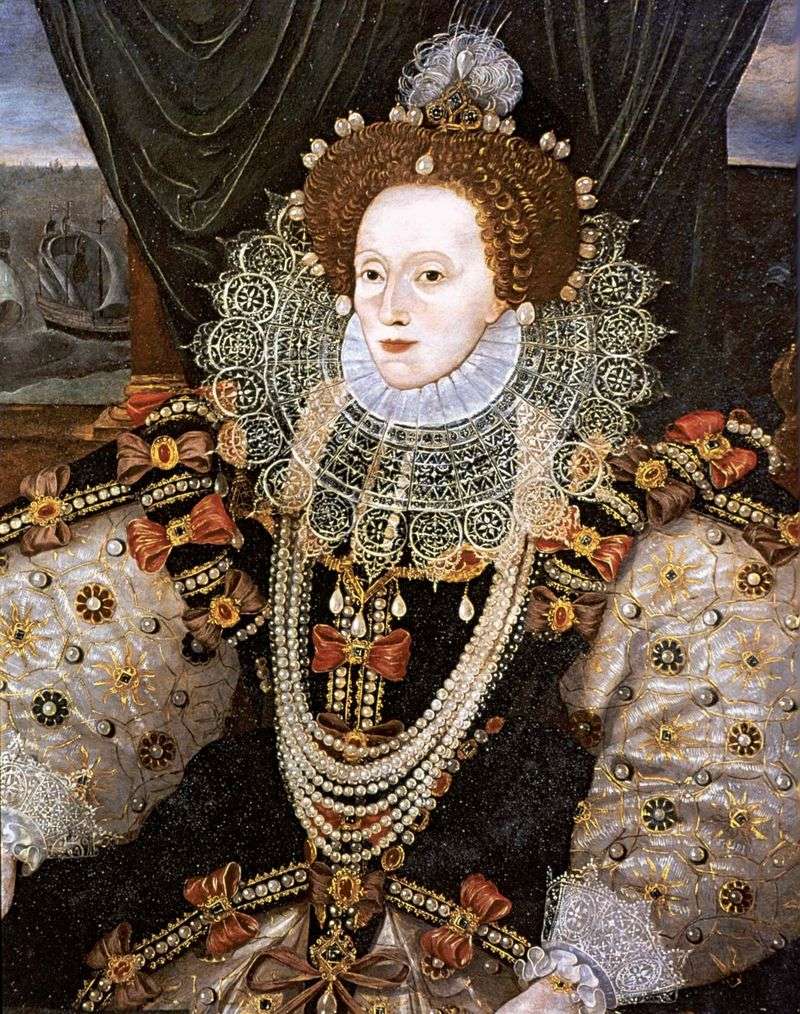
England’s most famous unmarried monarch transformed her single status into political advantage. After watching her father execute two stepmothers and seeing her sister’s disastrous Spanish marriage, Elizabeth cleverly used potential marriages as diplomatic bargaining chips without ever committing.
“I am already bound unto a husband, which is the kingdom of England,” she famously declared. Her decision to remain unmarried allowed her to maintain independence when women typically transferred power to husbands.
During her 44-year reign, she successfully navigated religious tensions, defeated the Spanish Armada, and presided over a cultural golden age. Elizabeth proved a woman could rule effectively—and perhaps more freely—without a king by her side.
3. Nikola Tesla
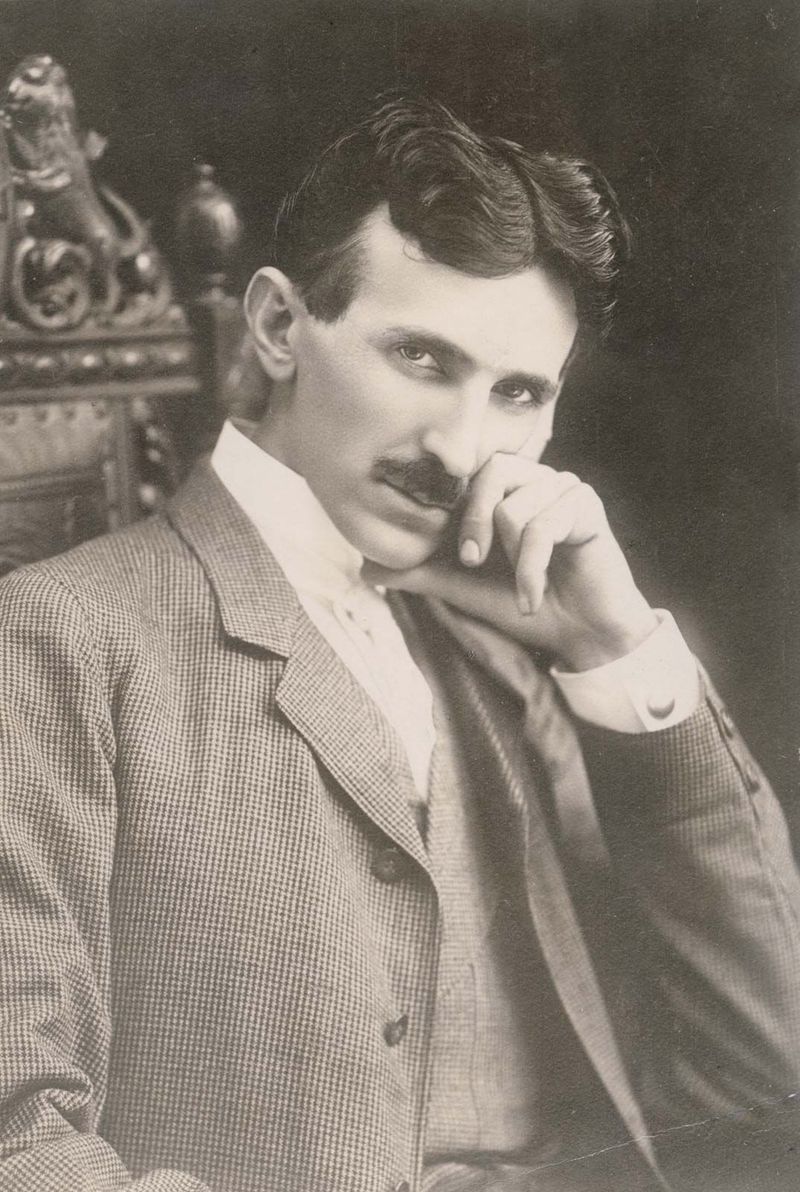
Sparks flew from Tesla’s inventions but never from romance. The eccentric electrical genius who gave us alternating current believed marriage would interfere with his scientific work.
“I do not think you can name many great inventions that have been made by married men,” he once remarked. Tesla maintained unusual personal habits, including an obsession with the number three and pigeons as companions. His work schedule left little room for relationships—he typically worked from 9 AM until 6 AM the next day with minimal sleep.
Though he attracted admiration from women, Tesla remained devoted to his inventions. His decision enabled remarkable focus, resulting in nearly 300 patents worldwide and innovations that still power our modern electrical systems.
4. Florence Nightingale
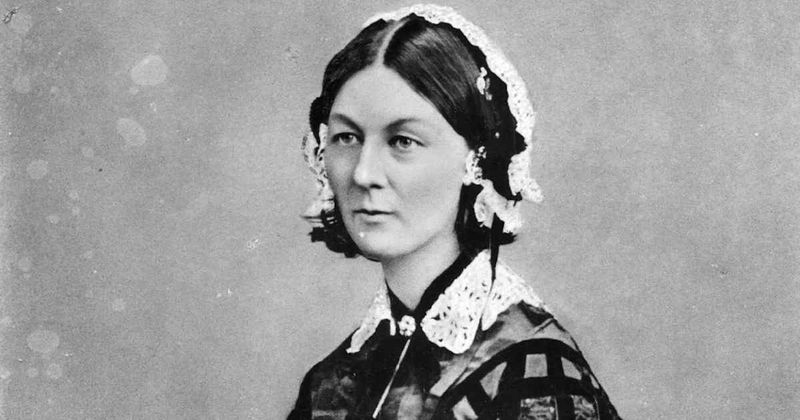
The founder of modern nursing received multiple marriage proposals but rejected them all. Nightingale believed God had called her to nursing service—a path that marriage would have made impossible for a Victorian woman.
“I am not at all in love with him,” she wrote about one suitor, “I have never found my master.” Her family initially opposed her nursing career, considering it beneath their social status. Nightingale persisted, eventually gaining fame during the Crimean War by dramatically reducing soldier death rates through sanitation improvements.
Her statistical work revolutionized healthcare and hospital design. By choosing career over convention, Nightingale transformed nursing into a respected profession and saved countless lives through her pioneering public health reforms.
5. Leonardo da Vinci
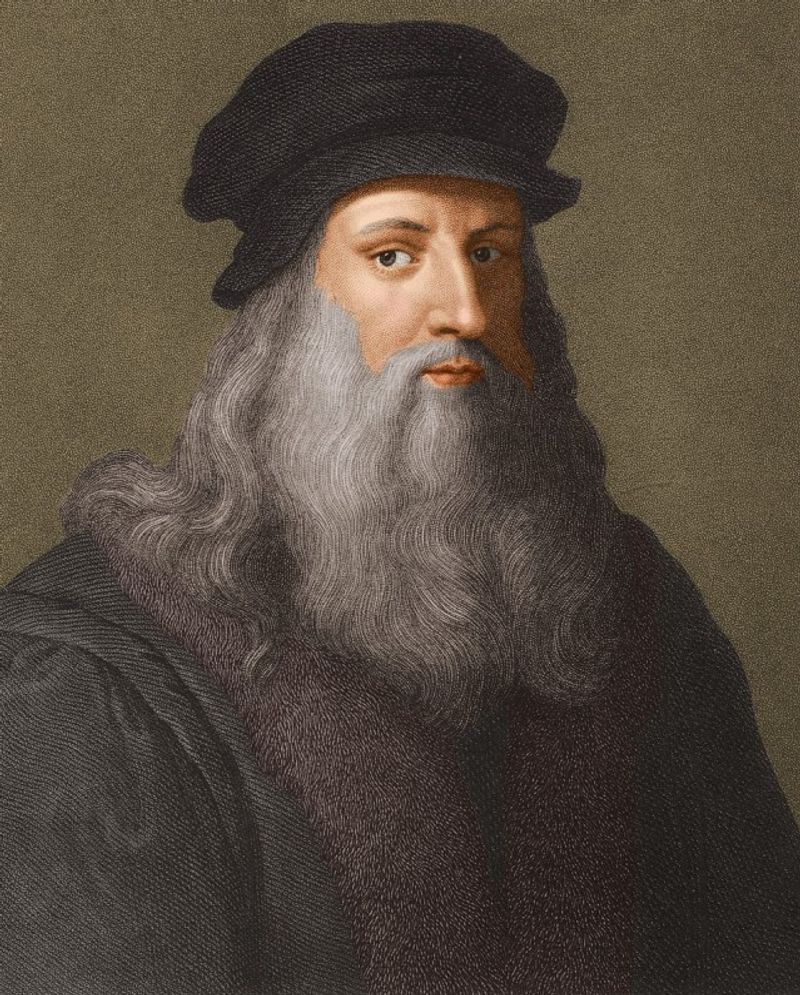
History’s greatest polymath focused on art and invention rather than matrimony. Da Vinci’s notebooks reveal a mind constantly exploring anatomy, engineering, astronomy, and countless other subjects—but never mentioning desire for a spouse.
Some scholars believe his 1476 arrest on sodomy charges (later dismissed) indicates homosexuality, which would have made marriage impossible in Renaissance Italy. Others suggest his relentless curiosity simply left no room for domestic life. Da Vinci moved frequently between patrons and projects, a lifestyle that would have complicated marriage.
His single status allowed total immersion in his diverse pursuits, resulting in masterpieces like the Mona Lisa and Vitruvian Man alongside designs for flying machines, anatomical studies, and military inventions centuries ahead of their time.
6. Emily Dickinson
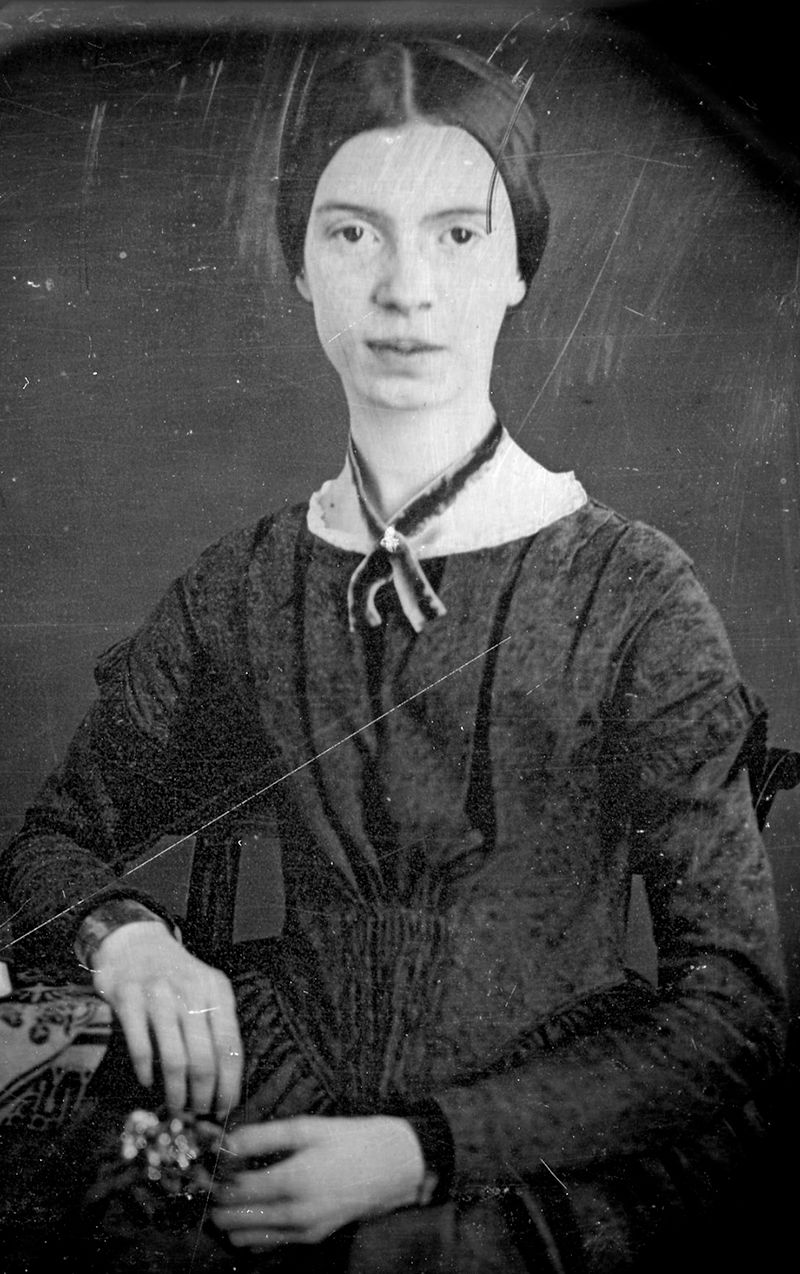
America’s most famous reclusive poet embraced isolation as her creative sanctuary. Dickinson gradually withdrew from society in her twenties, eventually rarely leaving her family home in Amherst.
Her unmarried status allowed complete devotion to her revolutionary poetry. Though she maintained passionate correspondences with several people, including a mysterious “Master,” Dickinson never pursued marriage. She dressed exclusively in white and became increasingly reclusive with age. Her family discovered nearly 1,800 poems after her death, with only about 10 published during her lifetime.
Dickinson’s unconventional punctuation and compressed, enigmatic style broke poetic traditions. Her choice of solitude created space for an interior life of extraordinary richness that continues fascinating readers more than a century later.
7. Ludwig van Beethoven
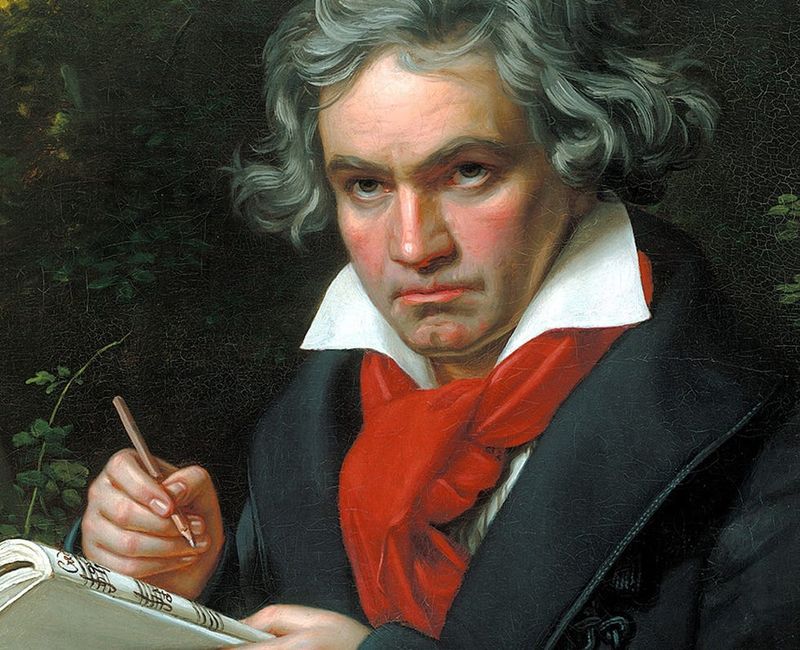
The revolutionary composer who bridged classical and romantic eras longed for love but never married. Beethoven fell deeply for several women, including his famous “Immortal Beloved,” whose identity scholars still debate.
His passionate letters reveal a man torn between romantic yearning and artistic dedication. Physical challenges complicated his romantic prospects. Progressive hearing loss isolated him socially, while his volatile temperament and unconventional hygiene habits reportedly deterred potential partners. Beethoven channeled his emotional turmoil into musical masterpieces. His nephew Karl became the focus of his paternal affections, though their relationship proved troubled.
Despite personal struggles and eventual total deafness, Beethoven created revolutionary works like the Ninth Symphony and late string quartets that expanded music’s emotional and technical boundaries.
8. Susan B. Anthony
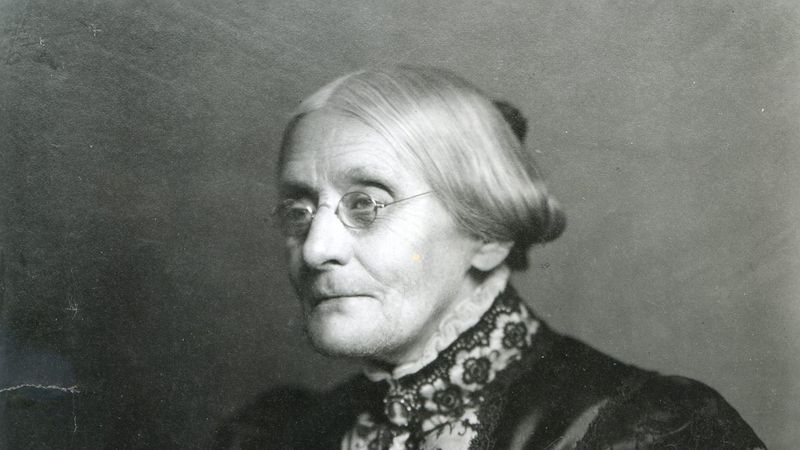
America’s suffrage pioneer deliberately chose singlehood to advance women’s rights. “I never felt I could give up my life of freedom to become a man’s housekeeper,” Anthony declared. In an era when married women had few legal rights, remaining single allowed her to control her property, finances, and schedule.
Anthony traveled extensively, giving up to 100 speeches yearly and organizing campaigns across the country. Her close friendship with fellow suffragist Elizabeth Cady Stanton (who was married with children) demonstrated the complementary strengths of their different life choices.
Her independence enabled total dedication to the cause, collecting petitions, lobbying legislators, and publishing the women’s rights newspaper The Revolution. Though she died before women gained voting rights in 1920, the 19th Amendment became known as the Susan B. Anthony Amendment.
9. Henry David Thoreau
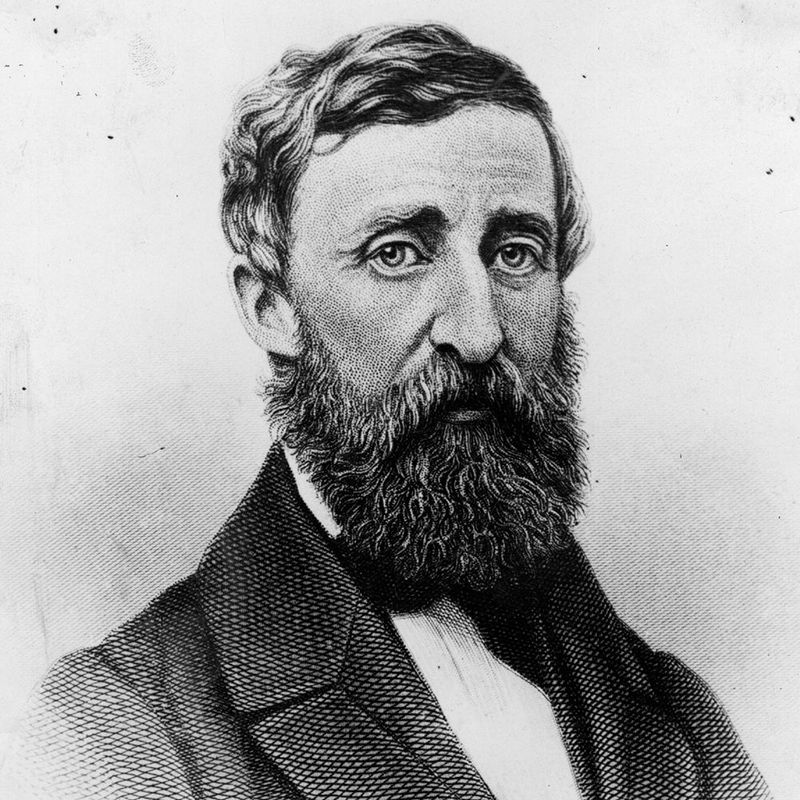
The transcendentalist who built a cabin at Walden Pond chose deliberate simplicity over domestic life. “I went to the woods because I wished to live deliberately,” wrote Thoreau, rejecting conventional ambitions including marriage.
His experiment in self-reliance became American literature’s most famous meditation on solitary living. Thoreau believed most people lived “lives of quiet desperation” trapped in social expectations. His independence allowed him to develop radical ideas about civil disobedience that later influenced Gandhi and Martin Luther King Jr. Though he only lived at Walden for two years and two months, the experience defined his legacy.
His choice to remain unmarried aligned perfectly with his philosophy that true freedom comes through simplifying one’s life and following personal conscience rather than social convention.
10. Immanuel Kant
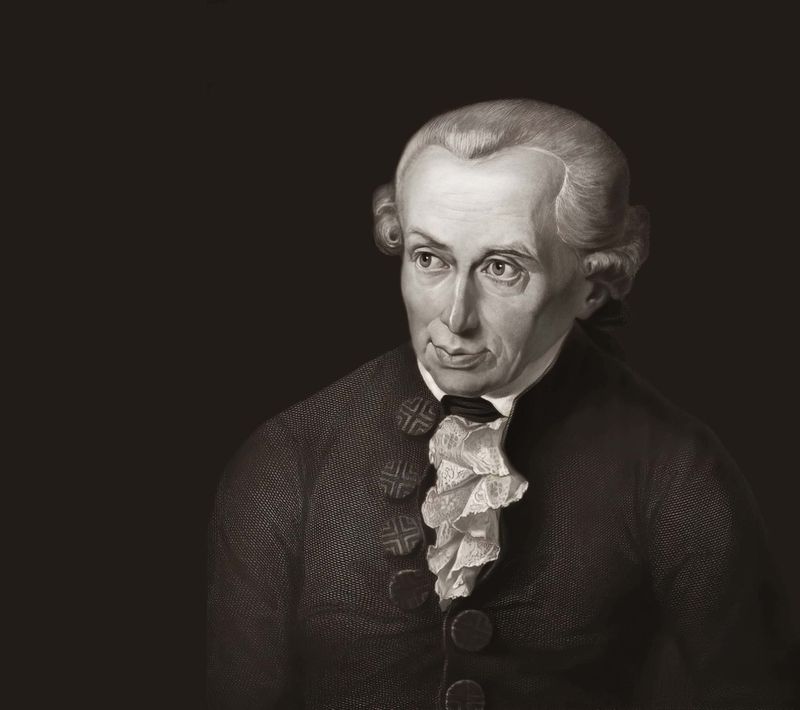
The father of modern Western philosophy maintained such a precise daily routine that neighbors reportedly set their clocks by his afternoon walks. Kant never strayed far from his hometown of Königsberg, and similarly never ventured into marriage.
His life centered entirely around intellectual pursuits. Kant rose exactly at 5 AM, lectured at the university, wrote during afternoons, and enjoyed dinner with friends—the same schedule for decades. One biographer noted Kant once considered proposing but deliberated so long that the woman married someone else.
His philosophical works transformed Western thought, particularly his “Critique of Pure Reason.” Kant’s unmarried status enabled the disciplined lifestyle that produced his revolutionary ideas about knowledge, ethics, and aesthetics—ideas that continue shaping philosophy nearly three centuries later.
11. Jane Austen
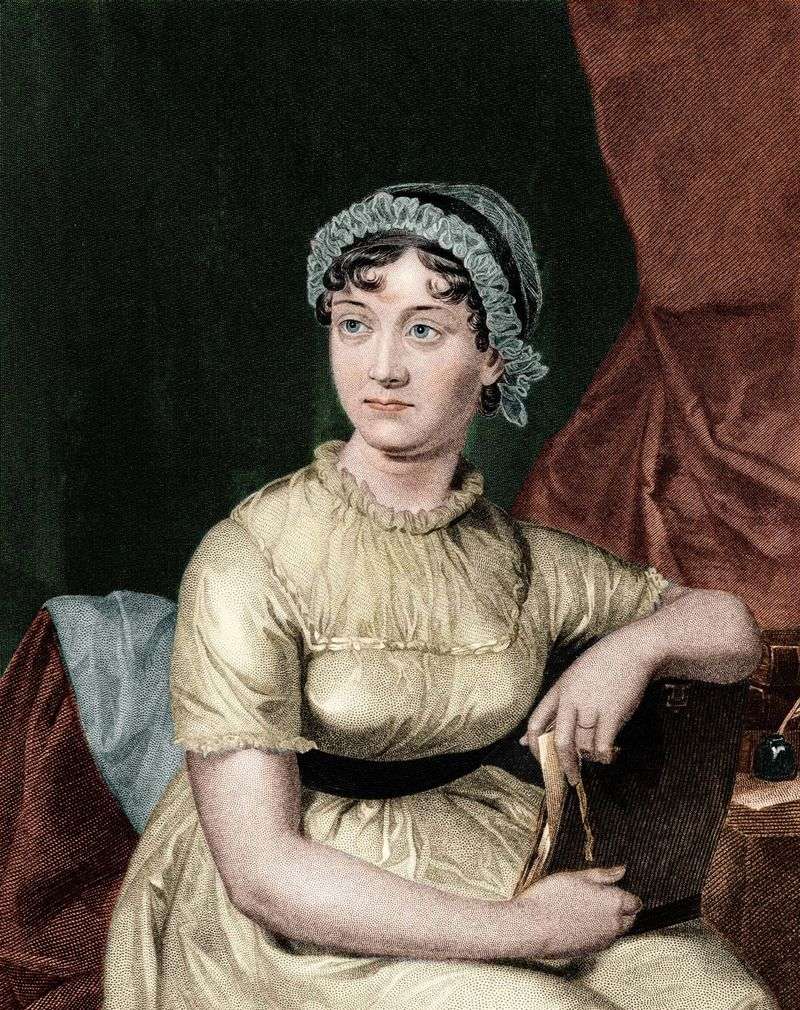
The novelist who crafted literature’s most beloved marriage plots never walked down the aisle herself. Austen once accepted a proposal from wealthy Harris Bigg-Wither, only to change her mind overnight, choosing uncertain independence over comfortable security.
Financial constraints limited Austen’s marriage prospects. Without dowry or inheritance, she depended on family support while writing her masterpieces. “Single women have a dreadful propensity for being poor,” she observed through a character in Emma.
Her decision enabled her literary career when married women rarely published. Austen wrote secretly, hiding manuscripts when visitors arrived. Though she died at 41, her six completed novels transformed the English novel through psychological insight, sparkling dialogue, and social commentary that continues fascinating readers two centuries later.
12. Louisa May Alcott
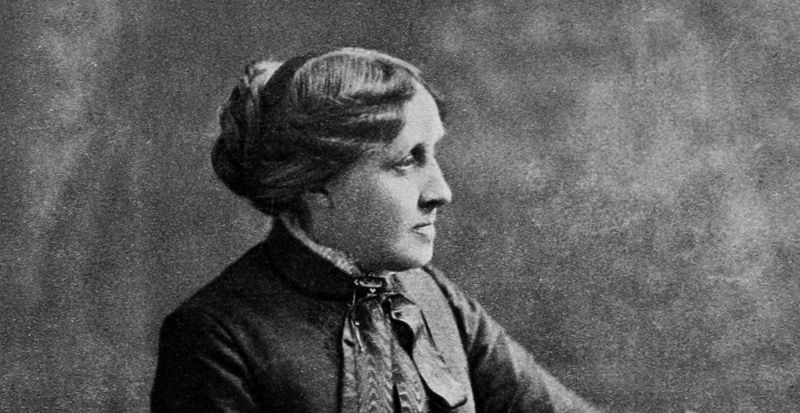
The author of “Little Women” created the beloved character Jo March partly as her alter ego—a woman determined to make her own way. “I’d rather be a free spinster and paddle my own canoe,” Alcott declared, rejecting conventional expectations for women.
Financial responsibility shaped her choices. As primary breadwinner for her struggling family, Alcott wrote prolifically, producing sensational thrillers under pseudonyms before finding success with children’s literature. Her Civil War nursing experience left her with mercury poisoning from treatment for typhoid, causing lifelong health problems. Alcott supported women’s suffrage and lived her principles of independence.
Though her character Jo eventually marries, Alcott herself remained single, writing in her journal: “I am more than half-persuaded that I am a man’s soul put by some freak of nature into a woman’s body.”
13. Frédéric Chopin
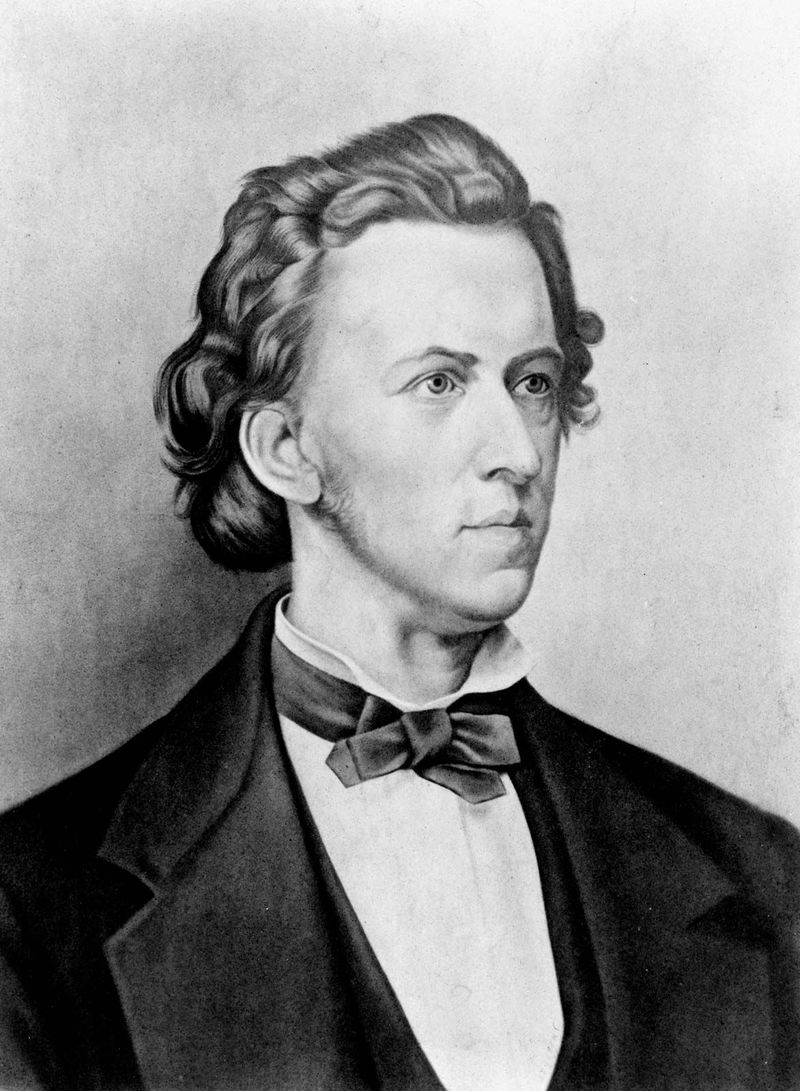
The piano poet whose music epitomizes Romantic yearning experienced a famous but ultimately unsuccessful relationship. Chopin’s decade-long affair with novelist George Sand (Amantine Dupin) provided stability during his most productive period, though they never married.
Their unconventional relationship scandalized society—Sand wore men’s clothing, smoked cigars, and was six years older with two children from her previous marriage. The relationship deteriorated as Chopin’s tuberculosis worsened and tensions grew with Sand’s children. After their 1847 separation, Chopin’s health and creativity declined rapidly.
He composed little in his final two years, dying at 39 in Paris. Though never married, Chopin’s emotional life infused his music with the intimate expressiveness that revolutionized piano composition and continues moving listeners with its poetic intensity and technical innovation.
14. Clara Barton
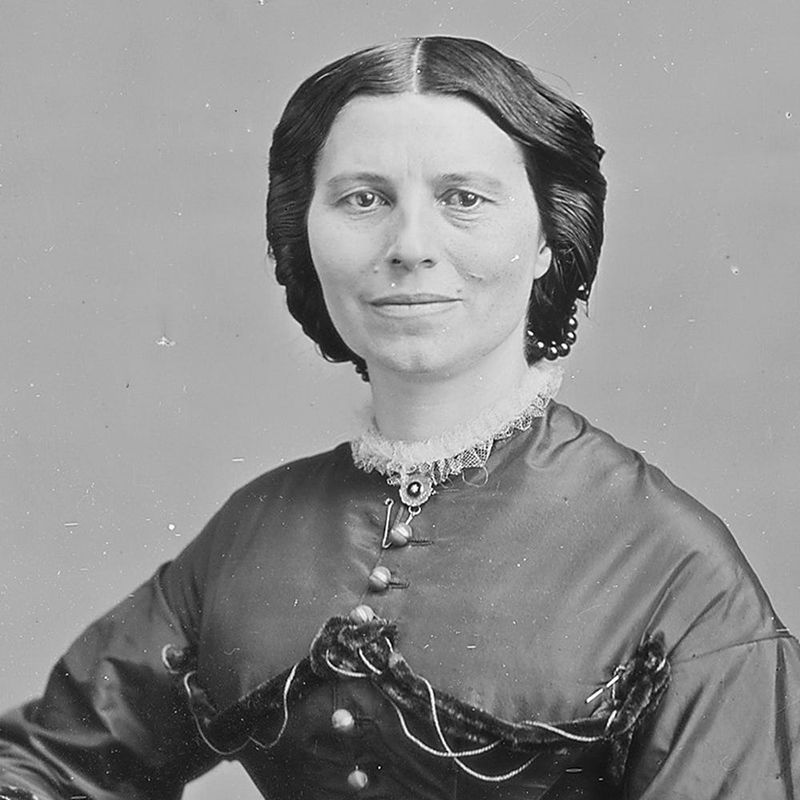
The fearless founder of the American Red Cross rejected marriage to pursue humanitarian work considered shocking for women of her era. “I may sometimes be willing to teach for nothing,” Barton once said, “but if paid at all, I shall never do a man’s work for less than a man’s pay.”
Her nursing career began during the Civil War, where she earned the nickname “Angel of the Battlefield” by treating wounded soldiers directly on frontlines. Barton later organized relief for disasters and established the American Red Cross at age 60, serving as its president until age 83.
Though she had several romantic interests, Barton prioritized her humanitarian mission over matrimony. Her independence allowed her to travel to war zones and disaster areas when married women rarely worked outside the home, ultimately saving countless lives through her pioneering relief work.
15. Franz Liszt
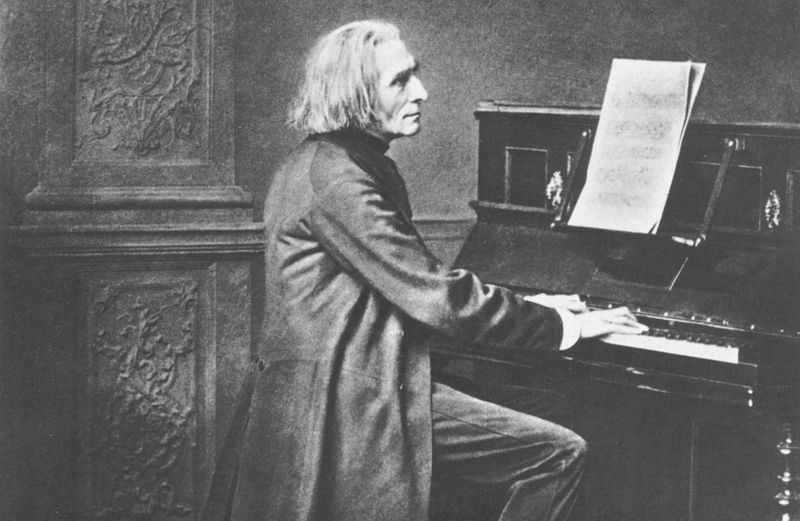
The Hungarian piano virtuoso who inspired “Lisztomania”—history’s first case of celebrity fan frenzy—never took wedding vows despite numerous romances. Women reportedly fought over his cigar butts and broken piano strings at concerts, yet the charismatic composer avoided marriage despite fathering three children.
His relationship with Countess Marie d’Agoult scandalized Europe when she left her husband and children to live with him. Later, Liszt’s planned marriage to Princess Carolyne zu Sayn-Wittgenstein fell through when her divorce proved impossible. In his later years, Liszt took minor Catholic orders, becoming Abbé Liszt.
Though never formally married, his passionate relationships influenced his revolutionary compositions. His technical innovations transformed piano performance while his symphonic poems pioneered program music, establishing him as one of the 19th century’s most significant musical innovators.
16. Hans Christian Andersen
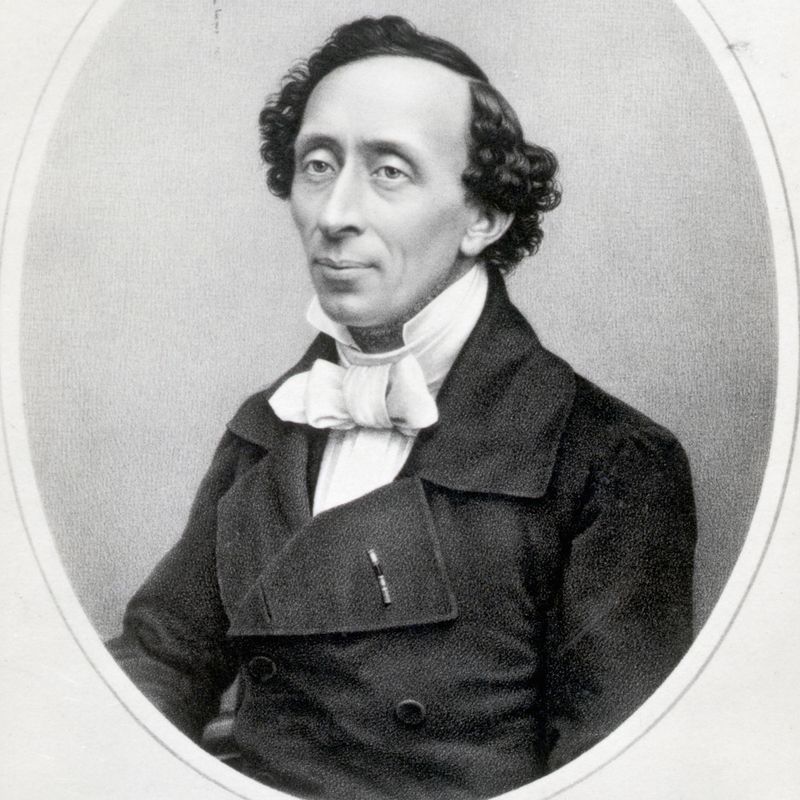
The Danish author who gave us “The Little Mermaid” and “The Ugly Duckling” experienced unrequited love throughout his life. Awkward, gangly, and intensely sensitive, Andersen fell repeatedly for unattainable people, including Swedish opera singer Jenny Lind, who inspired “The Nightingale.”
His fairy tales often reflect personal pain. “The Little Mermaid” originally ended tragically, mirroring his own unrequited feelings. Born to impoverished parents, Andersen rose from poverty through determination and talent, though social discomfort plagued him throughout life.
Andersen maintained detailed records of his romantic rejections, writing poignantly about loneliness. His stories frequently feature outsiders seeking acceptance—much like himself. Though he never found romantic happiness, Andersen’s tales continue providing comfort to generations of readers who identify with his sensitive portrayal of suffering and transformation.
17. Henry James
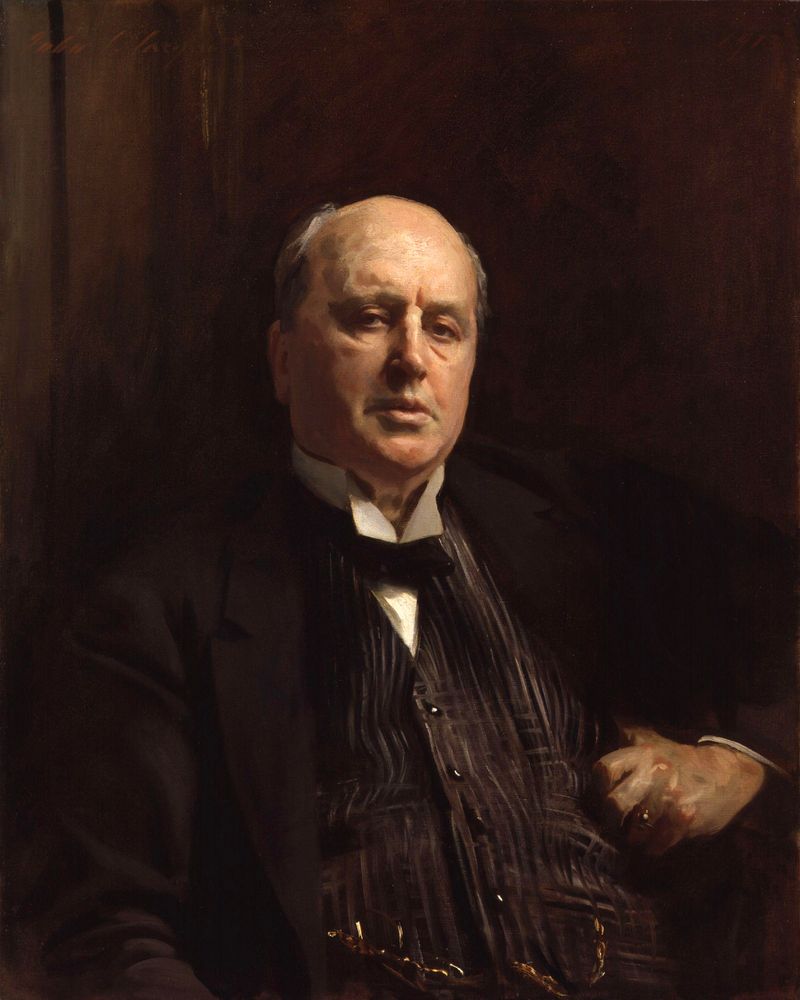
The master of psychological fiction who explored marriage in novels like “The Portrait of a Lady” remained single throughout his long literary career. James moved permanently to England at 32, preferring European sophistication to American directness. His private life remains enigmatic.
Some scholars suggest James may have been homosexual in orientation but celibate in practice during an era when such relationships remained impossible to acknowledge openly. Others point to his intense but apparently platonic friendships with both men and women. James’s outsider status as an American abroad perhaps enhanced his perceptive observations of social customs.
His novels explore marriage primarily as a psychological and moral challenge rather than a romantic ideal. Through characters like Isabel Archer, James examined how marriage could constrain personal freedom—a constraint he himself avoided through lifelong bachelorhood.
18. Gregor Mendel
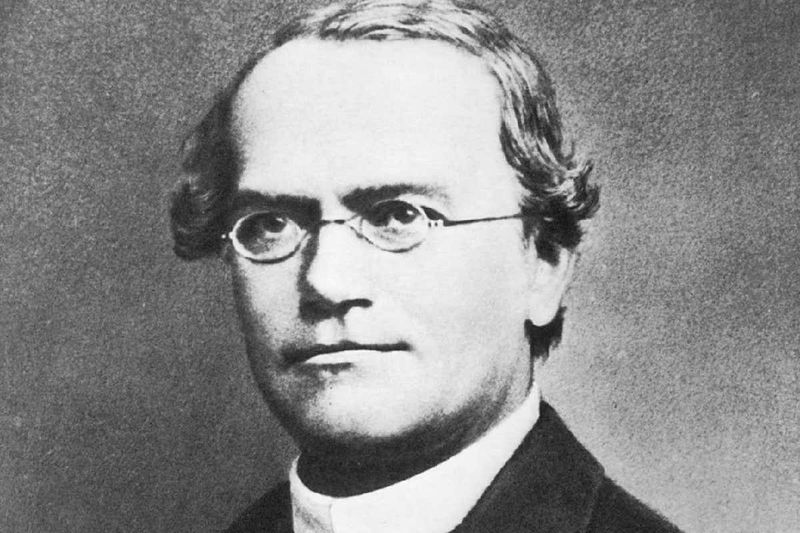
The Augustinian friar who discovered the basic principles of heredity took religious vows that precluded marriage. Mendel’s monastic life provided crucial advantages for his groundbreaking research—access to experimental gardens, scientific education, and freedom from family responsibilities.
His famous pea plant experiments involved meticulous tracking of 29,000 plants over eight years. Mendel carefully controlled pollination and cataloged traits across generations, discovering patterns of inheritance decades before chromosomes or genes were identified. Though his research revolutionized biology, Mendel’s discoveries remained largely unrecognized during his lifetime.
After becoming abbey administrator, administrative duties limited his research time. The scientific community rediscovered his work around 1900, sixteen years after his death. His celibate religious life ultimately enabled the focused dedication that unlocked fundamental principles of genetics still taught in every biology classroom today.
19. Franz Kafka
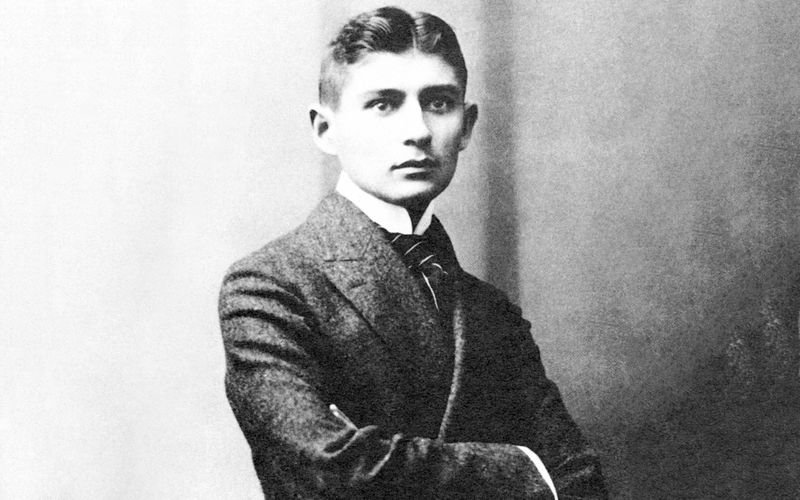
The creator of literature’s most famous human-turned-insect maintained deeply ambivalent feelings about marriage. Kafka became engaged twice to Felice Bauer and once to Julie Wohryzek, breaking off each engagement himself.
“I am mentally incapable of marrying,” he confessed in a letter. His relationships with women reflected the same anxieties that permeate his fiction—fear of authority, bodily shame, and profound alienation. Kafka’s final relationship with Dora Diamant proved his most fulfilling, though tuberculosis prevented marriage before his early death at 40.
His day job as an insurance clerk left nights for writing stories filled with nightmarish transformations and bureaucratic labyrinths. Though unsuccessful during his lifetime, Kafka’s exploration of modern alienation eventually made him one of the 20th century’s most influential writers, with terms like “Kafkaesque” entering everyday language.
20. David Hume
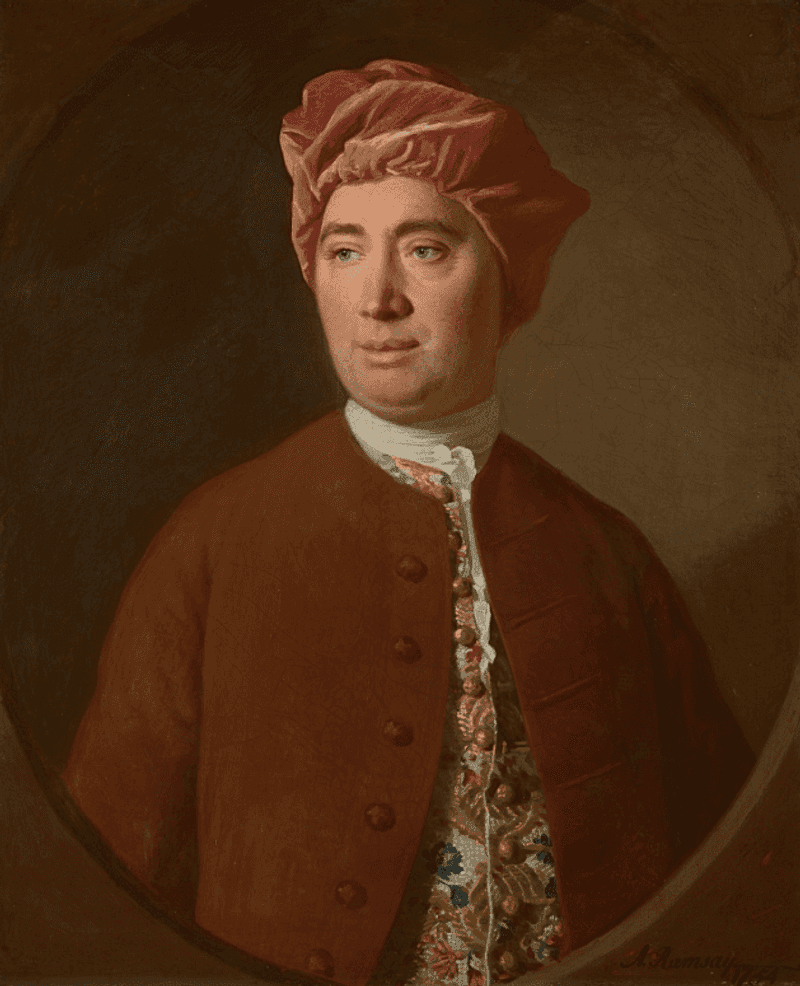
The Scottish Enlightenment philosopher who revolutionized thinking about knowledge and causation applied his skepticism to marriage as well. Hume’s intellectual challenges to religion and traditional philosophy made him controversial in his time but enormously influential in subsequent centuries.
Despite his intimidating intellect, contemporaries described Hume as good-natured and sociable. He maintained numerous friendships but apparently never pursued romantic relationships seriously. His comfortable bachelorhood allowed complete devotion to philosophy, history writing, and participation in Edinburgh’s intellectual circles.
Hume’s unmarried status freed him from financial pressures that drove many philosophers to seek academic positions requiring religious conformity. This independence enabled him to develop radical ideas questioning established beliefs about causation, morality, and religion that eventually established him as one of history’s most important philosophical thinkers.

Comments
Loading…